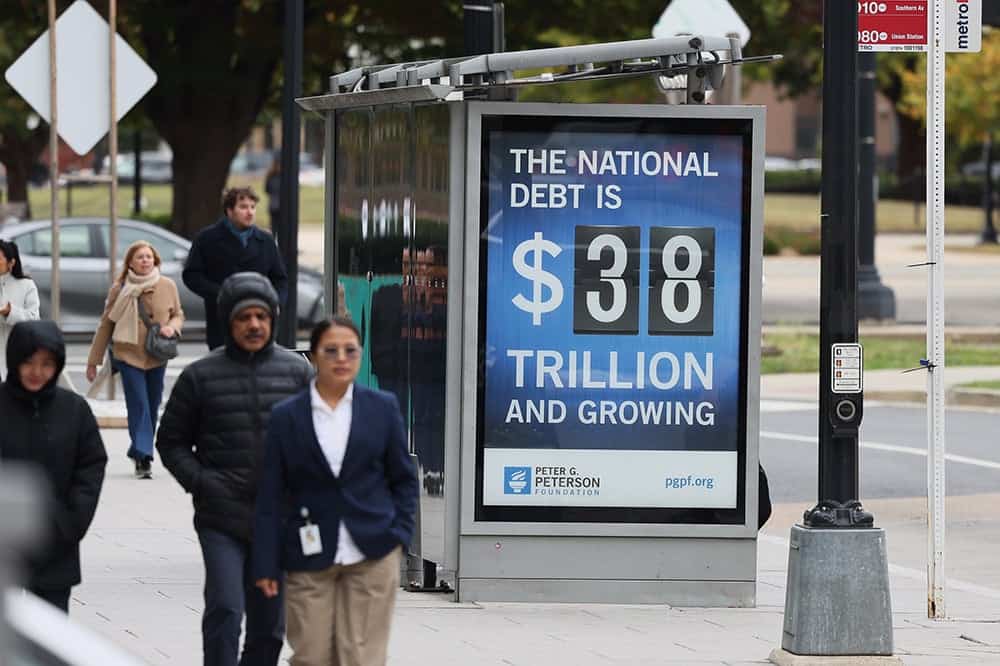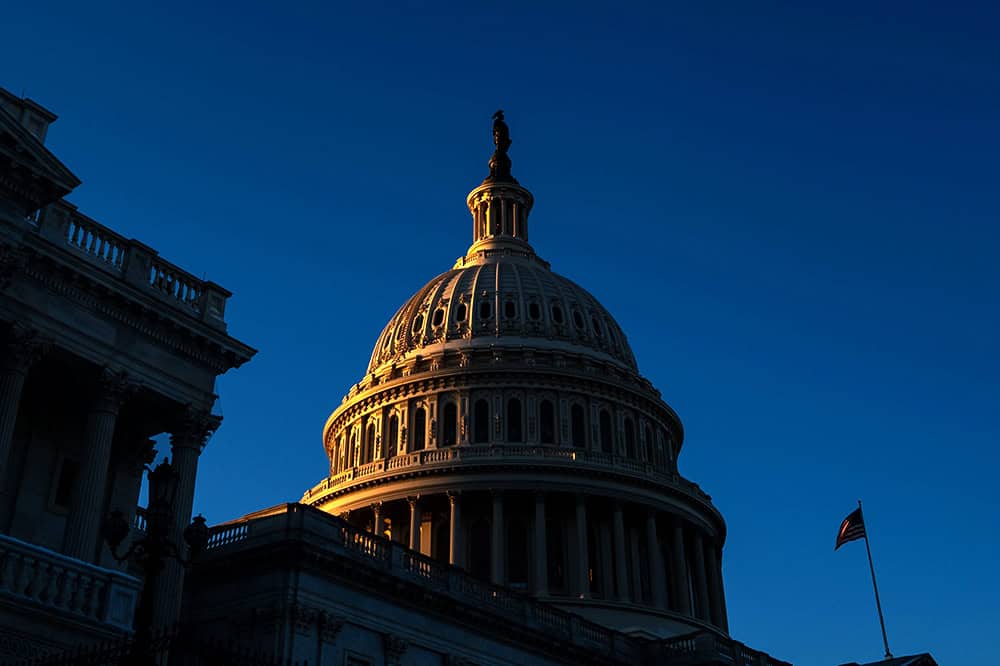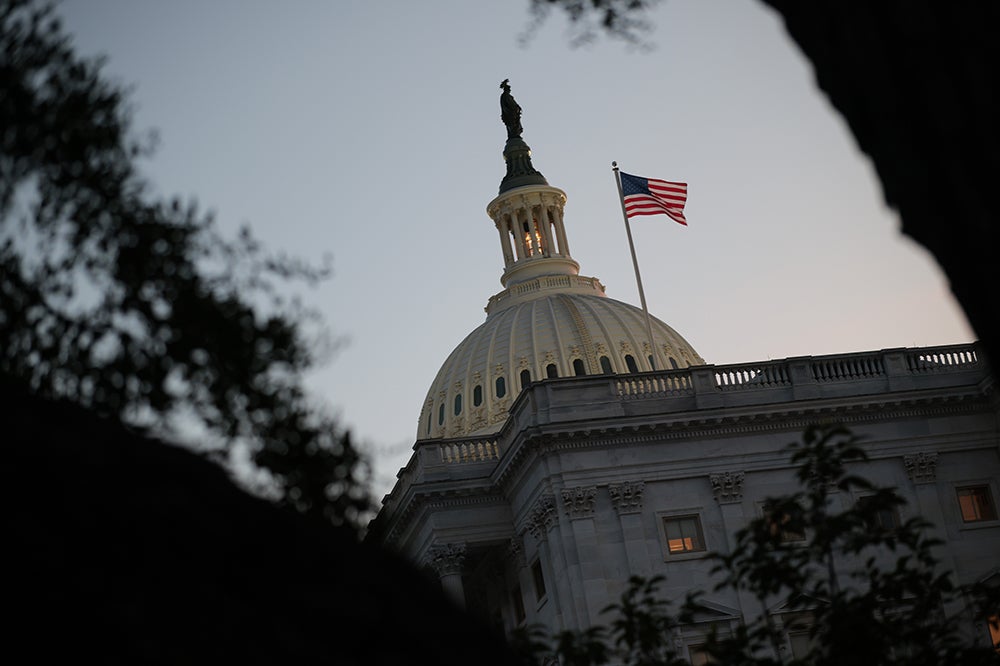Peterson Foundation Statement on National Debt Reaching $33 Trillion

NEW YORK — Michael A. Peterson, CEO of the Peter G. Peterson Foundation, commented today as the United States surpasses $33 trillion in debt. Peterson said:
“As lawmakers drift from one short-term fiscal crisis to the next, our national debt just keeps piling up, trillion after trillion. After the debt ceiling showdown in June, we crossed the $32 trillion debt milestone. Now, as we stare down a potential government shutdown just three months later, we have raced past $33 trillion in red ink.
“Instead of partisan fights that don’t address our true fiscal problems, Americans want policymakers to focus on the underlying issue of the debt itself. According to our recent polling, ninety percent of Democrats and Republicans agree that lawmakers from both parties should work together to avoid a government shutdown and focus their efforts on stabilizing our national debt. A bipartisan fiscal commission also has growing support from both parties, with nearly seven in ten voters calling for a rational and comprehensive process to look at the whole budget and find solutions.
“As we have seen with recent growth in inflation and interest rates, the cost of debt can mount suddenly and rapidly. With more than $10 trillion of interest costs over the next decade, this compounding fiscal cycle will only continue to do damage to our kids and grandkids. Americans are looking for responsible, forward-looking leadership that moves beyond politics to set our nation on a stronger more sustainable course for the future.”
To see the national debt ticking above $33 trillion, visit www.thenationaldebt.org.
# # #
Further Reading
What Is the National Debt Costing Us?
Programs that millions of Americans depend on and care about may be feeling a squeeze from interest costs on our high and rising national debt.
Interest Costs on the National Debt Are Reaching All-Time Highs
The most recent CBO projections confirm once again that America’s fiscal outlook is on an unsustainable path — increasingly driven by higher interest costs.
New Report: National Debt Outlook Gets Worse as Interest Costs Exceed $1 Trillion Annually
A new CBO report shows that the national debt outlook worsened from last year’s projections.


